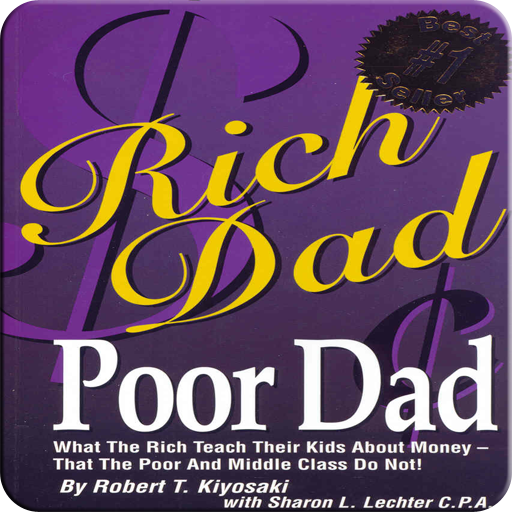Getting Started
開始行動(dòng)
I wish I could say acquiring wealth was easy for me, but it wasn't.
我希望我可以說致富很容易,但事實(shí)并非如此。
So in response to the question "How do I start?"
所以,當(dāng)我被問到“應(yīng)該怎樣開始致富”這類問題時(shí)。
I offer the thought process I go through on a day-to-day basis.
我就以自己日常的思維方式作答。
It really is easy to find great deals. I promise you that.
我敢保證找到好生意的機(jī)會(huì)真的很容易。我保證。
It's just like riding a bike.
這就像騎自行車。
After a little wobbling, it's a piece of cake.
剛開始還搖搖晃晃,但很快就駕輕就熟了。

But when it comes to money, it's the determination to get through the wobbling that's a personal thing.
賺錢也是一樣,最初的難關(guān)得由你自己渡過。
To find million-dollar "deals of a lifetime" requires us to call on our financial genius.
但是要找到一樁價(jià)值數(shù)百萬美元的“關(guān)系一生的機(jī)會(huì)”,就需要喚醒我們的理財(cái)天賦了。
I believe that each of us has a financial genius within us.
我相信,我們每個(gè)人都擁有理財(cái)天賦。
The problem is our financial genius lies asleep, waiting to be called upon.
問題是,這種理財(cái)天賦一直處于休眠狀態(tài),等待有人將它喚醒。
It lies asleep because our culture has educated us into believing that the love of money is the root of all evil.
之所以會(huì)出現(xiàn)這種情況,是因?yàn)槲覀兊奈幕恢苯虒?dǎo)我們金錢是萬惡之源。
It has encouraged us to learn a profession so we can work for money, but failed to teach us how to have money work for us.
這種觀念促使我們學(xué)習(xí)某種技能,并為金錢而工作,卻沒能教會(huì)我們?nèi)绾巫尳疱X來為我們工作。
It taught us not to worry about our financial future.
我們被告知不必去擔(dān)心將來的理財(cái)狀況。
Our company or the government would take care of us when our working days are over.
因?yàn)槲覀兺诵莺蠊净蛘哒畷?huì)照顧我們。
However, it is our children, educated in the same school system, who will end up paying for it.
然而,我們的孩子們還是在與以前一樣的教育體制下受教育,最終是由他們來付這筆費(fèi)用。
The message is still to work hard, earn money, and spend it, and when we run short, we can always borrow more.
可信條仍然是努力工作、掙錢維生、缺錢時(shí)總能借到錢。











